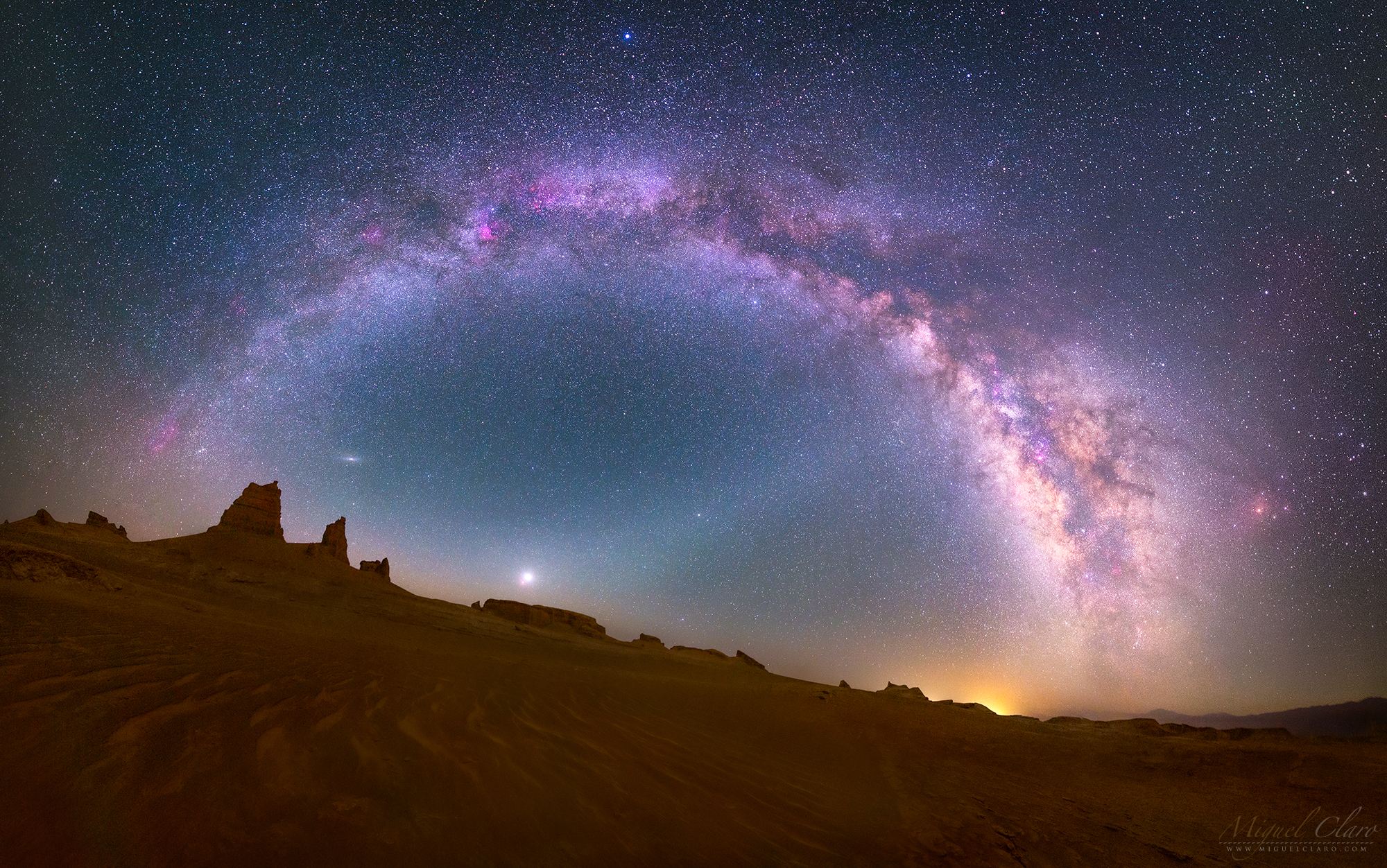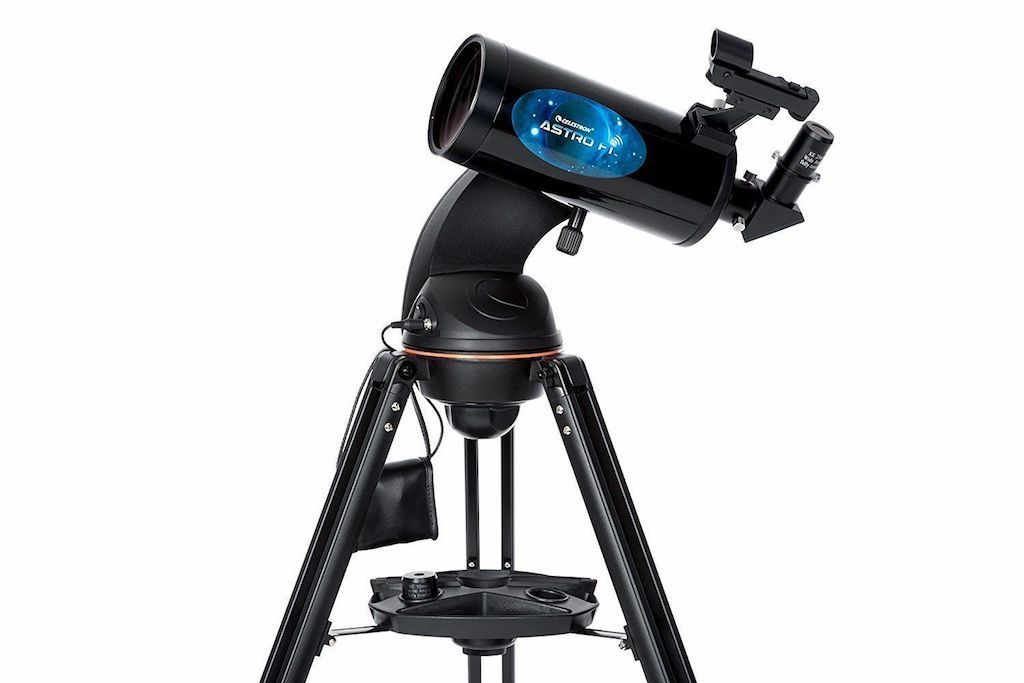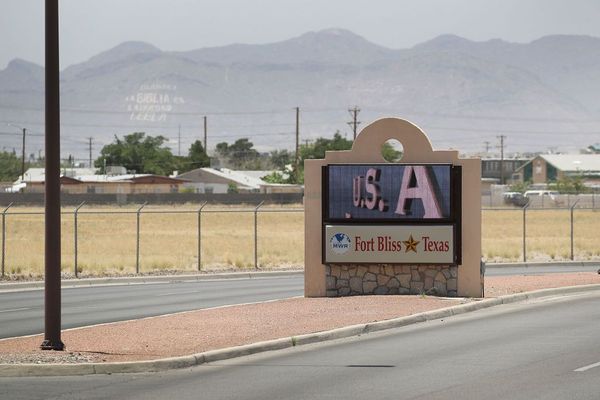
Miguel Claro is a professional photographer, author and science communicator based in Lisbon, Portugal, who creates spectacular images of the night sky. As a European Southern Observatory Photo Ambassador and member of The World At Night and the official astrophotographer of the Dark Sky Alqueva Reserve, he specializes in astronomical "Skyscapes" that connect both Earth and the night sky.
Join Miguel here as he takes us through his new image, "Zodiacal Light with Mars and Jupiter in the Pristine Sky of Lut Desert in Iran."
This is a panoramic image of single shots taken in a pristine magical sky.
The image features the arch of Milky Way shining bright above the Lut (Dasht-e Lut) desert, in Kerman, Iran, a few minutes before the nautical twilight starts and the stars become highly visible in the sky.
Related: Milky Way galaxy: Everything you need to know about our cosmic neighborhood
Read more: 'Ghost stars' haunt the center of the Milky Way galaxy. Now we know why
You can see a faint path of cosmic dust from the zodiacal light, or sunlight glinting off interplanetary dust. The light was visible near Mars and Jupiter, shining together near the horizon, along the ecliptic plane or path the planets travel on.
The background sky is featuring a smooth greenish hue from airglow, which is the light reflected from our Earth's atmosphere into the night sky.

Looking for a telescope? We recommend the Celestron Astro Fi 102 as the top pick in our best beginner's telescope guide.
You can also see the closest large galaxy to Earth, called the Andromeda Galaxy. It is the faint oblong shape visible above the rocky peaks on the left side, near the beginning of the Milky Way.
Modern-day Iran, which is today a restrictive fundamentalist state, was a heart of astronomical research during medieval times.
Ready to explore celestial phenomena with dazzling equipment? Check out our guides on the best telescopes and best binoculars. You can also get your imaging gear ready using the best cameras for astrophotography and best lenses for astrophotography.
To see more of Miguel Claro's work, please see his website or follow his stories on Instagram at www.instagram.com/miguel_claro.
Editor's Note: If you snap your own photos of the sky and would like to share them with Space.com's readers, send your photo(s), comments, and your name and location to spacephotos@space.com.







